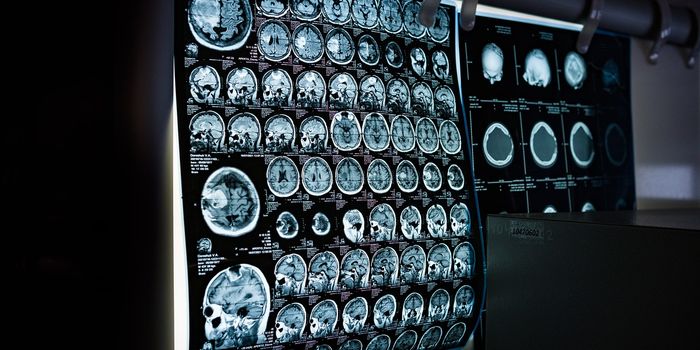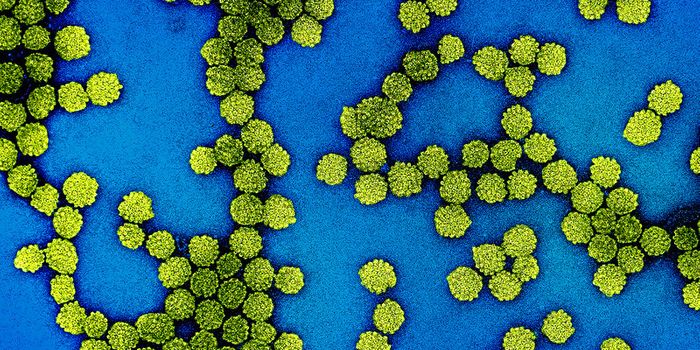Blood-Filtering Organs: The Third Line of Defense Against Pathogens
We often think of antibodies and vaccines when we talk about viral infection, but there’s another part of the immune system that works to fight viruses before antibodies enter the picture. Within this part, called the innate immune response, scientists are discovering a third “checkpoint” where immune cells attack viruses to prevent them from spreading to the rest of the body.
At first, immune cells called macrophages meet a virus as soon as it enters the body. The viruses that escape the first battle make their way to the lymph nodes for round two. Past studies suggested the innate immune system battle ended here, that the more specialized adaptive immune system took the reins with antibodies intricately designed to attack the specific virus. However, in a new study from Penn State, scientists found that there is one more attack led by the innate immune response, and it occurs in blood-filtering organs such as the liver and spleen.
Not only is there indeed a previously-unrealized third checkpoint by the innate immune system during viral infection, but it appears that this checkpoint is the most important. "If you have a deficit in immunity in those organs, it's actually much worse than if you have a deficit in the local lymph node," explained Christopher C. Norbury, who led the study. "This means even something as small as a pin prick in the skin still involves a response in your entire body."
Norbury and his team of scientists made this discovery by studying mice models of infection. They were altered to be lacking different types of myeloid cells, the descendants of macrophages and other immune cells like neutrophils, basophils, and eosinophils, in each of the three different checkpoints. Afterward, they were infected with poxvirus. Lacking macrophages in the third checkpoint, the liver and spleen, had the biggest impact on poxvirus spreading to the rest of the body.
If depletion of macrophages in the spleen or liver limits the body’s ability to fight infection, boosting numbers of these immune cells might counteract this effect. Additionally, the study scientists suggest, they could look for similar depletions in certain populations that could explain select vulnerability to viral infections.
In light of the discovery, Norbury admits the he isn’t sure yet how he and his team would boost macrophages levels in the liver and spleen or what the side effects would be. If anything, he says, “maybe people will turn their attention to these cells now."
The present study was published in the journal PLOS Pathogens.
Sources: The International Journal of Biochemistry & Cell Biology, Penn State









